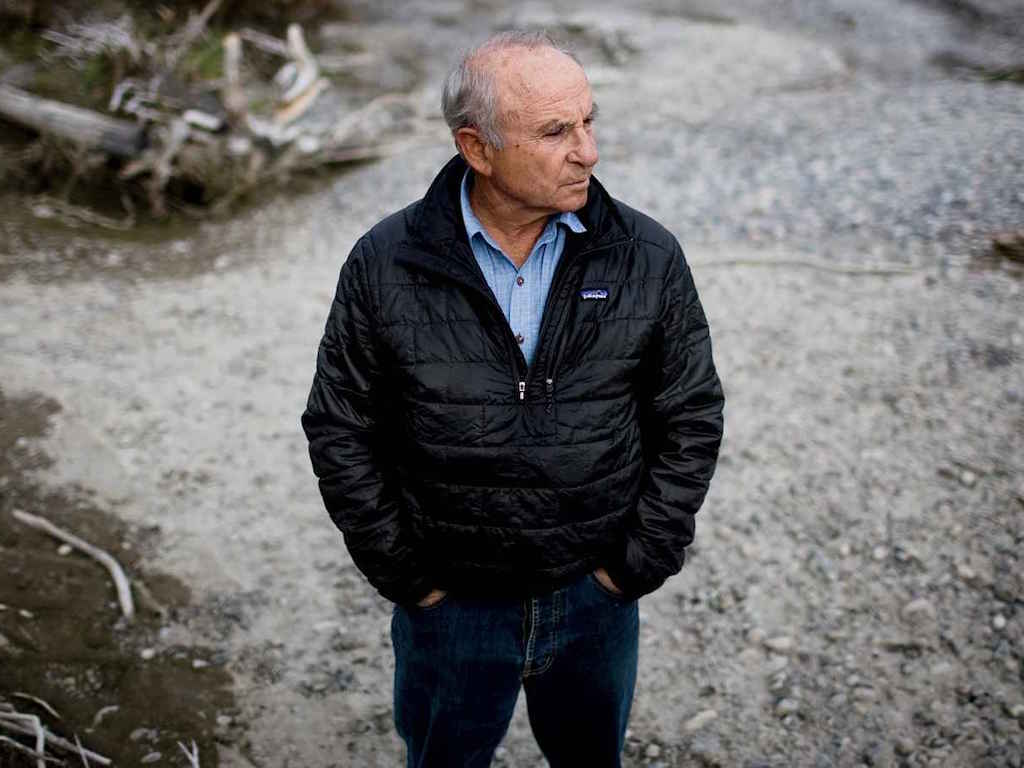Patagonia Founder Yves Chouinard: “Capitalism Will Lose Its Customers”
3 Mins Read
In an exclusive interview with Fast Company, the 80-year-old founder of iconic outdoor apparel brand Patagonia Yvon Chouinard made a damning case against the current capitalist system that is driving unsustainable practices in the midst of our climate emergency. He made the bold statement that “Ultimately, capitalism is going to lose its customers,” and he’s absolutely right. With the way we’re currently going, our planet is doomed. We – individuals, corporates and the government – can no longer afford to continue business-as-usual. Global corporates, who wield immense power and can make an immense impact, should learn from Chouinard’s example to “act like a small company again”. Drastic changes, even those that may seem like painful sacrifices in the short-term, must be taken now if we are to stand a chance against the climate crisis.
For the past years, Patagonia has made strides to become more responsible in its business operations. From supporting environmental projects to investing in sustainable business strategies and promoting the 1% for the Planet movement, Patagonia embraced corporate ethics before it became trendy to do so. Stating that “everything man does creates more harm than good” so we have to “try and achieve a situation where you’re causing the least amount of harm,” Chouinard has led his global billion-dollar company to go fossil-fuel-free by 2025, invested in plant-based synthetic fibres, convinced suppliers to use clean energy and uses regenerative carbon-sequestering cotton grown by small farmers.
In today’s consumer market, of which the climate-conscious younger generation are taking an increasing share of, more companies are ramping up green campaigns. In a widely shared letter in 2018, BlackRock chairman and CEO Larry Fink called on long-termism as a business strategy to respond to the demand for “responsible” capitalism. To retain customers, established businesses like hotel chains and F&B caterers are launching plastic-free initiatives, touting these as a part of deep commitment to reduce waste. Fast fashion behemoths are trying to clean up their brand by pledging to use sustainable materials. Newer startups are developing exciting innovations to fight various environmental issues from microplastic pollution to sustainable food production.
But while we’re seeing a marked uptick in green campaigns and marketing strategies (some of which are rightly called out as “greenwashing” by environmental activists, the reality is that these changes do not go far or fast enough. Our planet is in a climate emergency and the world is gravely unready for the negative consequences: poverty exacerbation, water shortages, mass migration, just to name a few.
Last month, a Global Commission on Adaptation (GCA) report said that without a U-turn, we are looking at 100 million more people in poverty by 2030, 5 billion experiencing water stress, and huge numbers of climate refugees triggered by rising sea levels. Despite these worrying figures, we’re not doing anything close to enough to even swivel the direction slightly, with a United Nations ESCAP analysis revealing that Asia-Pacific is on the road to achieving none of the 17 Global Goals by 2030. This will translate to as much as US$551 trillion in economic losses, more cash that what currently exists in the world. So Chouinard is right, we have to “reinvent capitalism altogether. It leads to a whole bunch of poor people and a few extremely rich people…there won’t be anybody to buy the product because everybody is going to be so poor.”
Although the picture seems pretty bleak, that isn’t a reason for inaction, which happens to be the “lack of introspection and imagination” route that most corporations are currently taking. “The solution to depression is action,” Chouinard remarked – and this should be the very motto that mission-driven companies should follow in order to stick around. It’s not like it will be a bad investment for businesses either: every time Patagonia launches another social and environmental mission, it’s sales take a leap. Just some food for thought.
Lead image courtesy of Inc.




